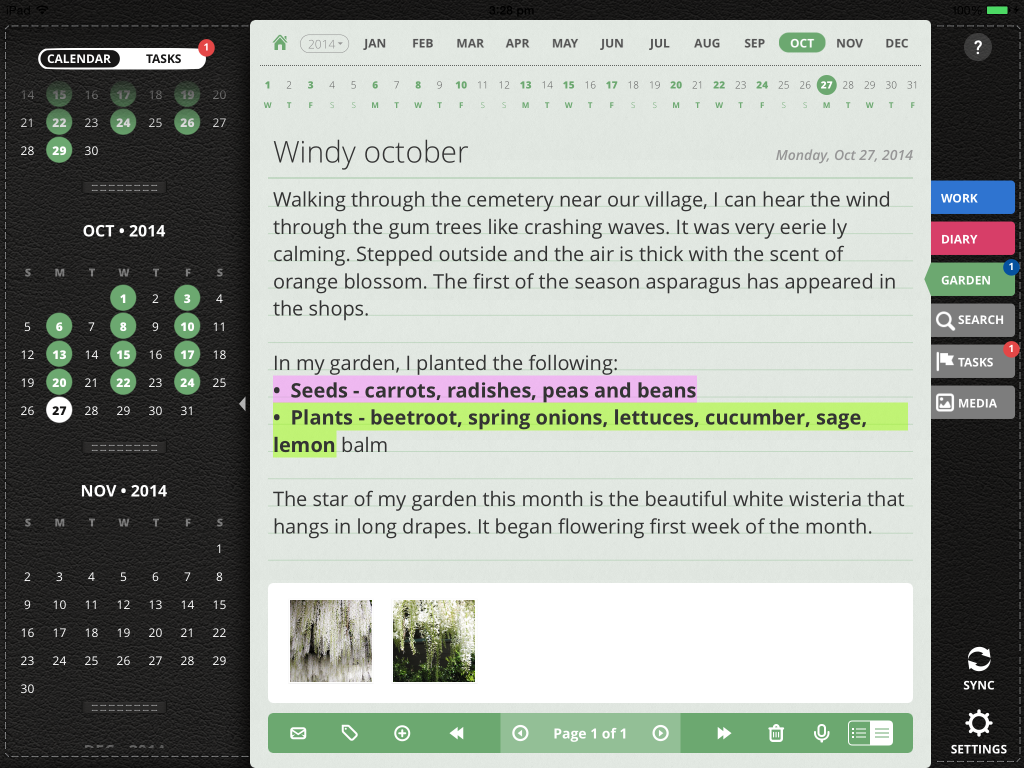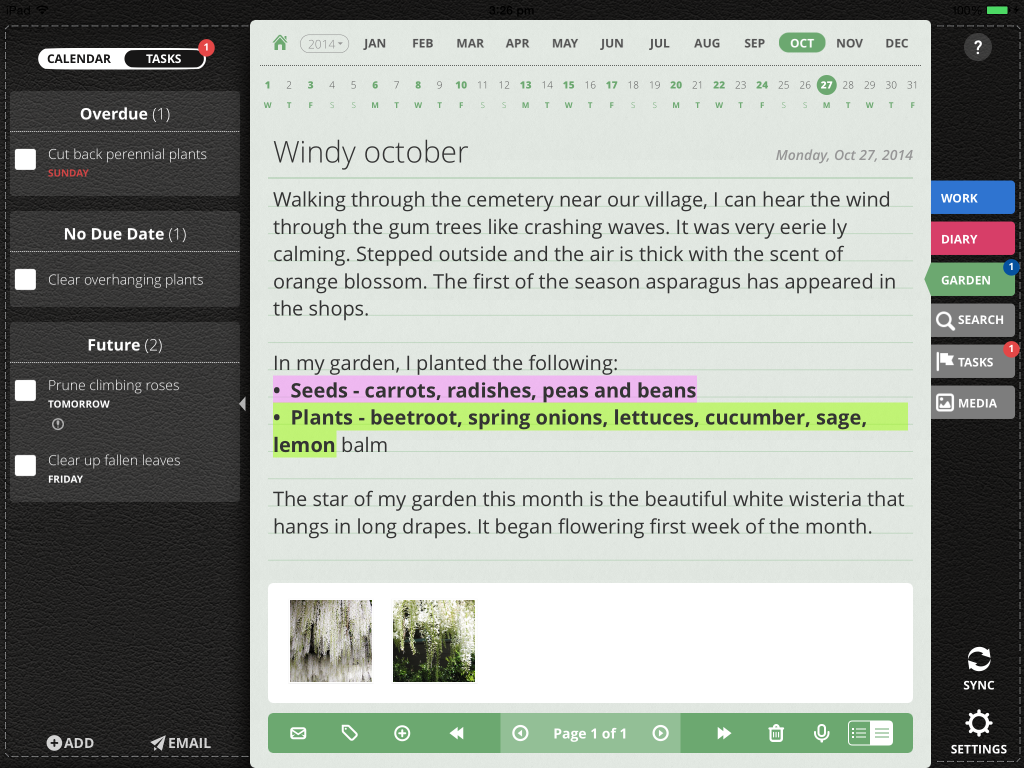Learning a new skill is essential for one’s personal growth. Be it speaking a different language, developing a new app, cooking a great meal or whatsoever, developing a new skill can take you to mental and physical highs, especially if you’ve mastered it. For some, learning a skill is quite laborious, at times painful. It’s never easy but it can be one of the most rewarding experiences ever.
Here are tips on how to learn any skill without it being a tedious process:
1. Focus on the process, not the outcome.
Heard about the expression “It’s the journey that counts, not the destination.”? It practically applies to this philosophy. Once you start focusing on the outcome, you become more negative, judgement nit picky. Your every mistake and flaw is amplified, hampering your progress. But once you start focusing on the the day by day process of learning and methodology, you become more immersed in the activity. You feel more present and you will actually learn more than pointedly and frequently looking at the endgame.
Write down your daily experience in Daily Notes. You can easily sort and look through your activities and patterns on a daily, weekly, monthly or even yearly basis.

2. Practice, practice and practice.
Repetition is the mother of skill. According to Malcolm Gladwell’s Outliers, 10,000 hours of practice is needed to master a skill. Doing something on a daily basis develops that mental muscle, to the point that you don’t consciously think of it anymore. Example is driving a car. Everything seems so hard and frustrating at the beginning. But eventually you got the hang of it. You probably don’t think of the whole process of driving anymore now when you go and drive to work, cinema, house, etc.
Daily Notes lets you add to-do’s and customize task reminders. Consider setting them up on a daily basis when you’re learning a new skill.
3. Decode the skill.
Break it down to bite-size pieces. Learning how to speak a new language might seem overwhelming but when you start at the basics, such as learning first how to say greetings, thank you’s and welcome’s, it seems easier. Don’t look at the big picture first as naturally, that would be daunting. You will get discouraged if you do that. So start with something small then gradually progress to the next steps as you go along.
4. Make mistakes.
As adults, we feel more self-conscious about our failures and mistakes. It’s an uncomfortable feeling when you don’t know what you’re doing and when it doesn’t go well, you’ll probably be discouraged and just tell yourself you can’t do it. Don’t. That will hold you back. It’s natural to make mistakes, especially when you’re learning. If you don’t fail, you won’t learn anything. So embrace your blunders, bloopers and missteps. They are a part of the whole learning process. Think back when you were a kid, when you were just learning how to ride a bike. Didn’t you fall down a couple of times? And what did you do after? You just got up and did it all over again until you learned how to ride a bike.
5. Make It Fun
Be curious to make it fun. Avoid saying its boring, its tough, its hard, etc. because you will eventually think of that, making it a self-fulfilling prophecy, making you give up. So as much as possible, find ways to make it a more fun experience for you. Learn it with a friend. Share it via a blog. Just find the fun factor in it.
Download the Daily Notes App
Like us on Facebook
Follow us on Twitter


Leave a Reply